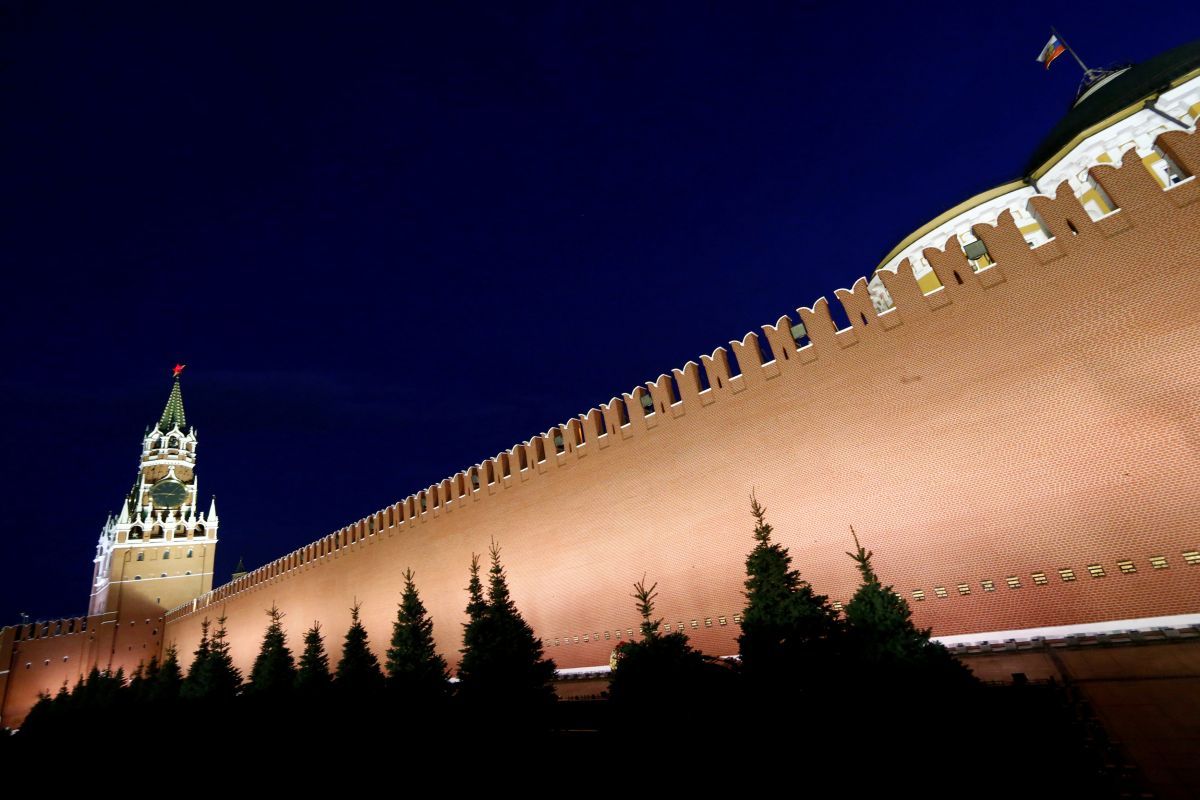
While these tactics are reminiscent of Soviet efforts to win the hearts and minds of Western youth, Russia has shown a readiness to work with groups across the political spectrum, Bellingcat wrote.
This includes working with both the far-right AfD and with the far-left World Federation of Democratic Youth to host a large youth gathering set for later this year.
Leader of AfD’s Youth Wing, Markus Frohnmaier, recently married to a Russian journalist who has written articles on EU and German relations with Russia, last December had a meeting with Konstantin Petrichenko, head of international links of Vladimir Putin’s party United Russia and leaders from the youth organisation United Youth Front. During the trip, Frohnmeier also met with Anton Morozov, Russian member of parliament and part of its committee for international affairs. United Youth Front’s Ksenia Shlyamina wrote on her Facebook page that the meeting was about “perspective cooperation between Russia and Germany in terms of sanctions”.
On its website, the United Youth Front outlines its projects. One of these is titled “Europe: a new turn”. This is described as a campaign to have dialogue “between Russian politicians and representatives of youth wings of major European parties which campaign for the repeal of the sanctions against the Russian Federation”.
Read alsoFrench elections: Macron's headquarters denies accreditation to Russian propagandistsThe United Youth Front describes itself as a “public movement” which “campaigns in support of the policies of the President of the Russian Federation Vladimir Putin”. Among one of its proposals was to “create a common security zone with Russia instead of NATO: from Lisbon to Vladivostok”.
But Russian officials have not limited their scope to Germany’s AfD, a similar methodology has been used with the Freedom Party of Austria (FPO). Last December, it was reported that Russia’s ruling party and the Austrian nationalists signed an agreement, pledging to work together on “youth, women, education, aid and other social organisations” with the aim of “strengthening the friendship and education of the young generation in the spirit of patriotism and joy of working”.
Serbia’s Dveri party has its own youth wing, led by Milan Milyutin. In 2014, a demonstration was held by Dveri where marchers held anti-NATO banners and pictures of Vladimir Putin. United Russia’s Young Guard covered the event on their website and included a statement from the head of Dveri’s Youth Wing.
Read alsoPutin's propaganda focusing on viral videos to influence foreign youthThe agenda of another organization, Democratic Youth Community of Europe (DEMYC), also appears to be linked to Kremlin policy goals. The Young Guard of United Russia hosted the “Honorary Chariman” of DEMYC, Antonio De Lucia, who visited Russia in December 2014 and met with both the head of the Young Guard and made a visit to the State Duma. De Lucia and the Chairman of the Young Guard “discussed plans of further international cooperation…[including] the crisis situation in Ukraine… De Lucia supported Russia’s position on this question”. It was also added that De Lucia “offered his help to support the positive image of Russia in the world community”.
But as well as establishing contact with the European far-right and left centre youth groups, Russian officials have fostered a relationship with the far-left, like the “World Federation of Democratic Youth”. The WFDY has been described as a continuation of the Soviet-era Young Communist International, which was affiliated with Comintern. In the mid 20th century WFDY was headed by Alexander Shelepin, who subsequently became the head of the KGB.
The publication notes the cooperation Rossotrudnitchestvo has established with the Dutch youth by organizing trips of young Dutch delegates to Russia. One of such trips set up in 2014 included “media coverage of political events…[and its] influence…in public opinion, particularly on youth” as well as ways to “decrease these manipulations and have more objective information”. One of the main topics was also the war in Ukraine, and an area of focus were “several project ideas discussed on the development of further contact and cooperation between Russian and Dutch Youth” as well the resolving problems of “disinformation” caused by “official media” and how “to fix the lack of information and build co-operation”.
Read alsoEurope should face Russian propaganda, says Ukrainian envoy in PragueAfter the trip, there was further discussion of co-operation on the Generation Next Facebook group, where there was talk of building a website and organising joint projects such as online debates. The Expertise Centre has a Facebook group that it generally uses to post pro-Kremlin propaganda. Its mission “is to promote a deeper understanding of Russian affairs in The Netherlands and Belgium”.
Overall, in 2017 Russia’s outreach to the young-wings of foreign parties is no trivial matter, given the controversy over Russian interference in U.S. elections. Serious concerns have already been expressed for the Kremlin’s support to “extremist, pro-Moscow candidates”.
Russia’s focus on youth groups is therefore amplified in a key year for European elections and as evidence of Russian meddling in U.S. and European politics continues to mount, the authors conclude.

